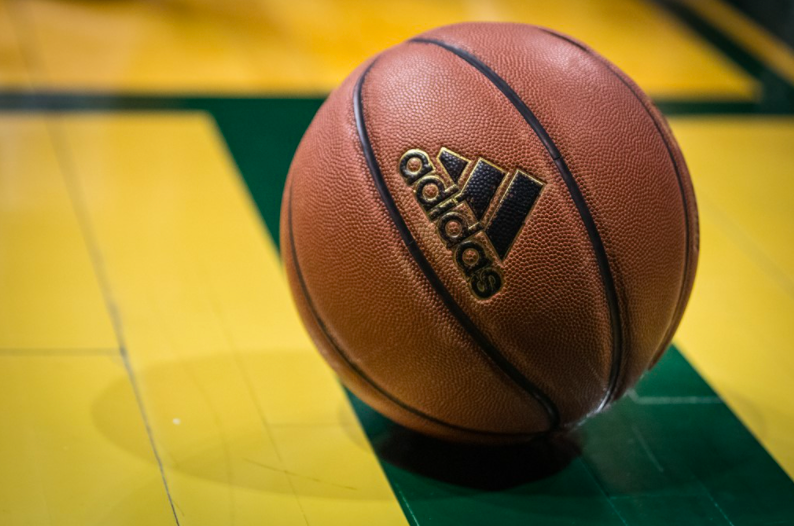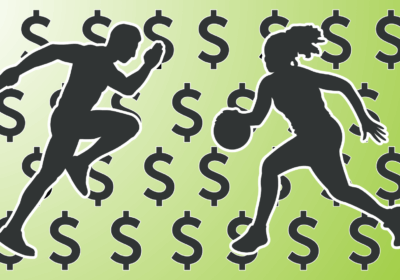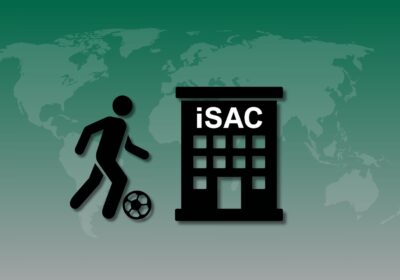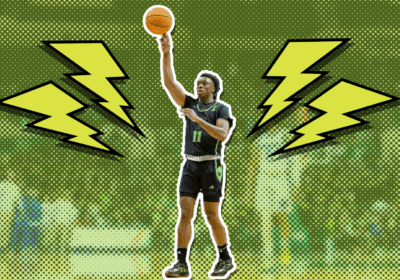Associate men’s basketball coach no longer with program after misconduct review

Associate head coach Tom Herrion will no longer be a part of the men’s basketball program at USF following the release of an independent review Tuesday regarding allegations of “racially charged comments.”
The review found Herrion “committed misconduct in violation of university policy stemming from inappropriate comments made to student-athletes.” Due to the findings, USF Vice President of Athletics Michael Kelly has elected not to renew Herrion’s contract.
The independent law firm of Lightfoot, Franklin and White performed the review, which consisted of 17 interviews with student-athletes, coaches and current and former members of the staff. It also included “a review of related records and university policies and regulations concerning diversity and inclusion and student and staff conduct.”
There were four specific incidents the review investigated. The first allegedly occurred during a practice in 2018-19 where the coach said one of the players needed to quit “swinging on the rim like a monkey,” according to the report.
This incident, per the report, was substantiated but didn’t violate any of USF’s policies. While the incident included a “racially pejorative term,” multiple athletes, including the one who the statement was directed at, didn’t view the comment as “racial in nature.”
The second was in relation to a workout in summer 2020 where the coach questioned the reason one of the athletes was wearing a sweatshirt that supported historically Black colleges and universities, according to the report. Herrion allegedly said, “What’s up with all that Black sh*t, I thought you were [redacted]?”
The third incident allegedly occurred in the 2020-21 season, when Herrion allegedly compared a student-athlete’s hairstyle to “jailhouse braids.”
This incident was not substantiated by the report after it applied the preponderance of the evidence standard. Two student-athletes who were identified as witnesses to the incident didn’t corroborate the allegation.
The preponderance of evidence is a type of standard used typically in civil court cases. When using the preponderance of evidence, the burden of proof is satisfied when the reviewer finds there is more than a 50% chance the claim is true.
The final incident in the report also took place during the 2020-21 season in which the coach allegedly told a student-athlete to move faster when going through a drill, “like the police are chasing you.”
In an interview with Herrion conducted for the report, he said he remembered the statement differently, as he was allegedly referencing an incident between the student-athlete and law enforcement his freshman year.
“You need to go faster, like you’re running from the police. Remember what happened your freshman year,” he recalled during the interview, according to the report.
In total, the review found the first, second and fourth incidents were substantiated, while the third regarding a student-athlete’s hairstyle was not. It was also found the first incident did not violate any USF policy, but the second and fourth incidents violated USF Regulation 10.212, Discipline, Misconduct and Incompetence though they didn’t violate USF Policy #0-007, Diversity and Equal Opportunity.
While both comments were found to be out of line for a person in a leadership role at USF like Herrion was and therefore violated the aforementioned misconduct regulation, the second comment failed to meet the diversity policy’s definition of harassment and the fourth comment was found not to be racially motivated since it related to an incident in the student-athlete’s personal life during his freshman year, not his race, according to the report.
“Both coach Herrion and coach [Brian] Gregory related that [the student-athlete] told them he was upset with the comment, because it was specifically related to the incident his freshman year and, for that reason, betrayed his trust in coach Herrion,” the report stated. “Even [the student-athlete’s] description of his concerns with the comment at the time focused primarily on being hurt that the freshman year issue was brought up two years later, rather than concerns about racial stereotyping.
“We do find that the comment violated USF’s misconduct policy. Coach Herrion made a pointed comment to a student-athlete about an embarrassing event in the young man’s life that he had put behind him … Furthermore, [the student-athlete’s] referral to Student Conduct would have been a confidential matter and, under USF policy, coach Herrion would have been forbidden from discussing it publicly.”
Additionally, the review found no evidence Gregory or his staff failed to address any racially charged comments at the time.
The review stated Gregory became aware of the final allegation and was made aware the day after the allegation occurred. Gregory reported the issue to administration later that same day.
“Regardless of the unfortunate way in the fallout from this incident occurred, there is essentially no evidence that coach Gregory or his staff failed to address a known racial problem, and even the most discontent student-athletes conceded that the leadership of the [men’s basketball] program was proactive and effective in addressing racial and social justice issues,” the report stated.
Additionally, the report investigated the rash of transfers that hit the program after the conclusion of the 2020-21 season. Nine players entered the transfer portal when the season ended. According to the report, there were some student-athletes and one staff member that said they believed the transfers were in connection to the incidents involved in the report, but “only two student-athletes claimed that the alleged issues were a significant factor in their decisions to transfer.”
Other student-athletes who transferred listed “a number of other reasons for transferring, including feelings that the relationship with the majority of the coaching staff was impersonal because they were planning to do so after the season concluded anyway,” per the report.
The report also added that “Coach Herrion and Coach 2 each stated a belief that the non-senior transfers were related to those student-athletes’ roles and minutes on the team, apparently based on student-athletes’ comments during their year-end interviews with the coaching staff.”
In light of the report’s findings, Kelly said he was disappointed with Herrion’s remarks but pleased with how Gregory responded to the allegations once he became aware of them. He said the athletic department will “continue to be dedicated to fostering an inclusive environment that allows every student-athlete to thrive.”
“I was pleased to see the report’s findings that head coach Brian Gregory and our administration are, and have been, operating in accordance with the University of South Florida’s commitment to diversity and inclusion, and that our processes for ensuring those commitments are upheld,” Kelly said.
This story was updated at 10:08 p.m. on June 15 with information regarding the report’s investigation on the cause of the nine transfers that occurred in the USF men’s basketball program after the conclusion of the 2020-21 season.







